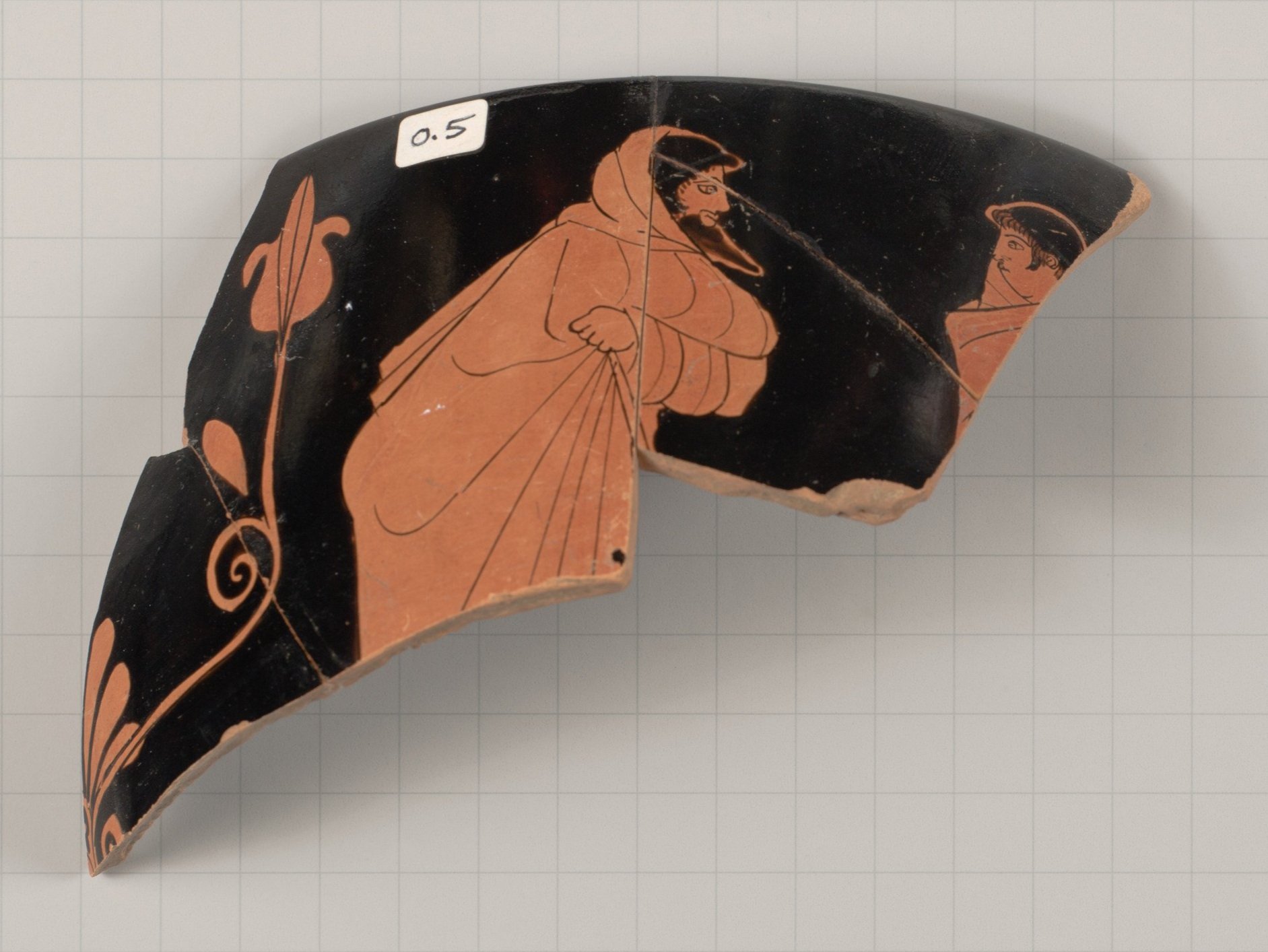
Herakles the Theater-Producer
“To make the ancients speak, we must feed them with our own blood.”
Ulrich von Wilamowitz-Moellendorff
The vast majority of the dramatic literature of Athens during the Classical period is lost to us now. The extant works of Aeschylus, Sophocles, Euripides, Aristophanes, and Menander (all together fewer than fifty plays) are a small percentage of what was produced, performed, and transcribed more than 2000 years ago.
Sophocles alone was attributed with over 120 plays; we have only seven complete tragedies of his. As influential as Menander was to Roman comedy, it was only in the 1950s that his Dyskolos was discovered—the most complete of his recovered works. This is to say nothing of the hundreds of other playwrights and thousands of other plays that only survive via fragments or testimonia (e.g., the Byzantine Suda of the 10th-century): Thespis, Pratinas, Phrynicus, Critias, Agathon, Eupolis, Cratinus, and dozens more.
How might one revive an ancient play based on the slimmest evidence? How can the lost, forgotten, or muted poets be found, remembered, and given voice once more? This project, part scholarship and part artistry, investigates this question through a practice-as-research model to bring a 2400 year old comedy alive once again and offers a methodology to bring other playwrights and plays onstage in the future.
Starting with a title, a single line of dialogue, and a description of one song, Herakles the Theater-Producer will revive a comedy of the same name attributed to Nikokhares, a contemporary of Aristophanes.
φέρε νῦν ταχέως χιτῶνα τόνδ΄ ἐπενδύτην.
“Quickly, now, <put on> this tunic as an overgarment.”
— Pollux 7.45 (translation by Ian Christopher Storey)
καὶ τῶν πτισσουσῶν ἄλλη τις, ὡς . . . Νικοχάρης ἐν Ἡρακλεῖ Χορηγῷ
There was another <song>, that of women winnowing grain, so . . . Nicochares in Heracles the Producer.
Athenaeus 619a (translation by Ian Christopher Storey)
“Heracles was a favourite of satyr play and Old Comedy. Like Dionysus, the humour would focus on Heracles in an unfamiliar and incongruous situation. At Frogs 105-7 Dionysus and Heracles agree to leave things culinary to Heracles and things dramatic to Dionysus. Nicochares appears to have taken Heracles across that line.”
Storey, Ian Christopher. 2011. Fragments of Old Comedy. Loeb Classical Library, 513-515. Cambridge, Mass.: Harvard University Press.


